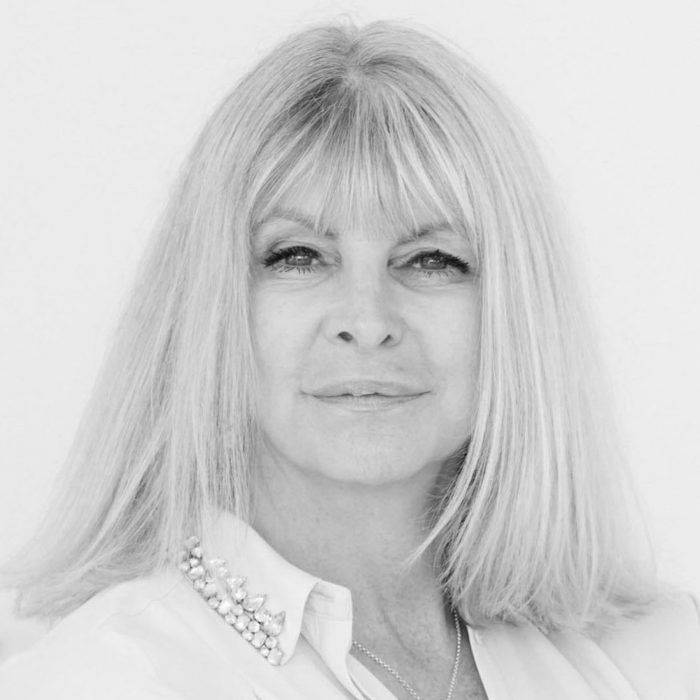
Becoming the best version of yourself
Listen
Subscribe
In This Podcast
- We all have the same needs
- It’s important for companies to meet the needs of their staff
- Happiness is an inside job
- Breaking the “I’m not enough” pattern
- Updating the education system to a more reasonable approach
- Success can come very late in your life
- It’s never too late to have a happy childhood
Marisa Peer is a coach to an extensive client list over the past 25 years, including royalty, rock stars, Hollywood actors, Olympic athletes, CEOs of multi-million companies, and political leaders. She’s a speaker, a therapist, a behavioural expert, and also a best-selling author.
Marisa talks about how small adjustments can lead to great results, why companies should focus on meeting the needs of their staff, why you need to be able to fix yourself, breaking the “I’m not enough” pattern, updating the software within us, how fame can change us, and why it’s never too late to have a happy childhood.
Show Notes
Small adjustments can lead to impressive results
From her extensive experience, Marisa learned that we all have the same needs. She constantly tries to understand more and more what it is that makes people tick, and then helping them change.
She likes to see people change their behaviors for the better, but she likes it to be very easy. Since nowadays we all have a chronic lack of time, her method is to give people little adjustments that end up in massive results.
It’s important for companies to meet the needs of their staff
Her biggest piece of advice to all companies is to treat their staff like they would treat their children. People stay in companies if they believe that they are making a difference. Only then will they be incredibly loyal and engaged.
Companies should really focus on working out the needs of their staff. They are generally so focused on the needs of the company, which makes sense, but they forget that if they understood and met the needs of their staff, their employees would contribute so much more.
Happiness and self-esteem are inside jobs
The thing that influenced Marisa the most was realizing that she had to take charge of what was going on in her head, and also in her body. You can’t give your body to a doctor and say, “Make me well,” you have to fix it yourself. When you learn to do it yourself, you feel much more empowered. You have to actively participate in your wellness.
If you always believe that someone will come along and fix all your needs and problems, you have to understand that that person can only be your own self. Other people can assist you, but you shouldn’t expect them to make your life better.
Breaking the “I’m not enough” pattern
Being not enough is the number one problem Marisa sees everywhere. In the western world, it starts really early.
The score systems in schools do a great disservice to children. Schools promote the idea that they like individuality, but in reality they don’t. They like people to conform. Once you try to make children conform, they start feeling inadequate if they are not good at everything. But we’re not supposed to be the same. We should celebrate how individual we all are, because that’s where the “I’m not enough” feeling comes from.
Updating the education system to a more reasonable approach
Marisa believes that societies should educate parents on how to handle the self-esteem of their fragile little children. If she had all resources available, she would change the education system, and have children told that it’s more important to know how to run your mind than it is to learn Latin or French.
She also believes that it’s crucial to always dialogue with your mind. Our minds are always doing what they think we want them to do. We should update the software within us by constant self-reflection and dialogue with our own minds. We have to make it crystal clear to our minds what it is that we want.
It’s never too late to have a happy childhood
How can life change because of fame? You can get carried away. It’s lovely to be loved, but you also have to live your everyday life. You need to have the right values. As long as you remember that simple rather than big things make you happy, you’ll be ok.
Marisa strongly believes that we need more education. It all starts from there. If we could educate people, we wouldn’t have wars, bullying, hunger. We should aspire to educate everyone on how to be happy, to like themselves, to like other people, to reach their phenomenal potential. We could educate people to do so much.
She also believes it’s important to realize that success can come very late. You have to be able to recognize that your talent has nothing to do with your age. It’s never too late to have a happy childhood.


